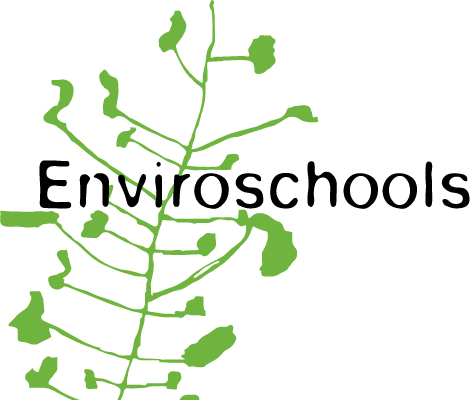Exploring Nude Food at Witherlea School
This term, Year 5/6 students at Witherlea School embarked on an inquiry into Nude Food, investigating how food is packaged and exploring alternatives to disposable packaging. As they examined plastic wraps, zip-lock bags, and foil, they started to wonder:
What actually happens to these materials once they’re thrown away?
To dig deeper, Angela joined the students to explore how long everyday items take to break down. They considered a big “what if” question:
What if everyone understood how long waste sticks around? Would that change the choices we make?
The first challenge was to create a waste timeline. Students selected everyday items and arranged themselves in a line, predicting which would break down quickly and which would last the longest. They quickly recognised that natural materials like paper, cardboard, and food waste decompose rapidly, while plastics break into tiny pieces that stay in our environment for forever.
However, some items surprised them!
- A woollen sock? Not as quick as paper, but much faster than synthetic fabrics.
- A beeswax wrap? More durable than paper, but still biodegradable.
- A stainless steel fork? Surprisingly, scientists estimate it takes only 40 years to break down—much less than aluminum or tin cans, which take 80 to 100 years!
Students discovered that stainless steel forks break down faster because they contain iron, which rusts when exposed to moisture and oxygen. Over time, this weakens the structure and speeds up decomposition.
Meanwhile, aluminum and tin develop a protective oxide layer, which shields them from corrosion. That’s why they take much longer to break down in landfills.
But there’s good news—aluminum can be recycled indefinitely without losing it’s quality! It also takes 95% less energy to recycle aluminum than to produce new metal from raw materials. This means items like drink cans, foil, and food trays can be melted down and reused over and over again—a much better alternative to landfill!
At the end of their learning journey, the students returned to their original question:
What if everyone knew how long waste lasts?
Would it change the way people shop, use, and dispose of items?
Their answer? Yes!
Most agreed that when people understand the impact of waste, they are more likely to:
- Choose items with less packaging
- Reuse whenever possible
- Repair instead of replace
Their inquiry showed that small shifts in awareness can lead to real changes in behaviour. With these students leading the way, the future looks brighter—and a lot less wasteful!

